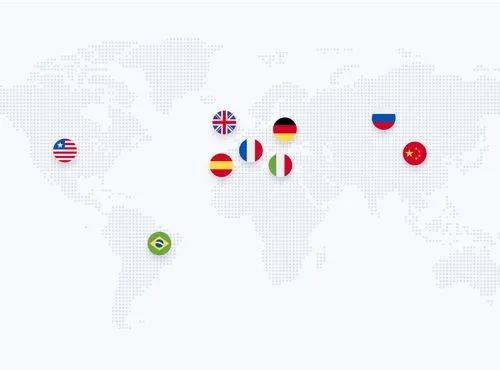Tech
September 12, 2025
Voice Cloning: Your Voice – in Every Language
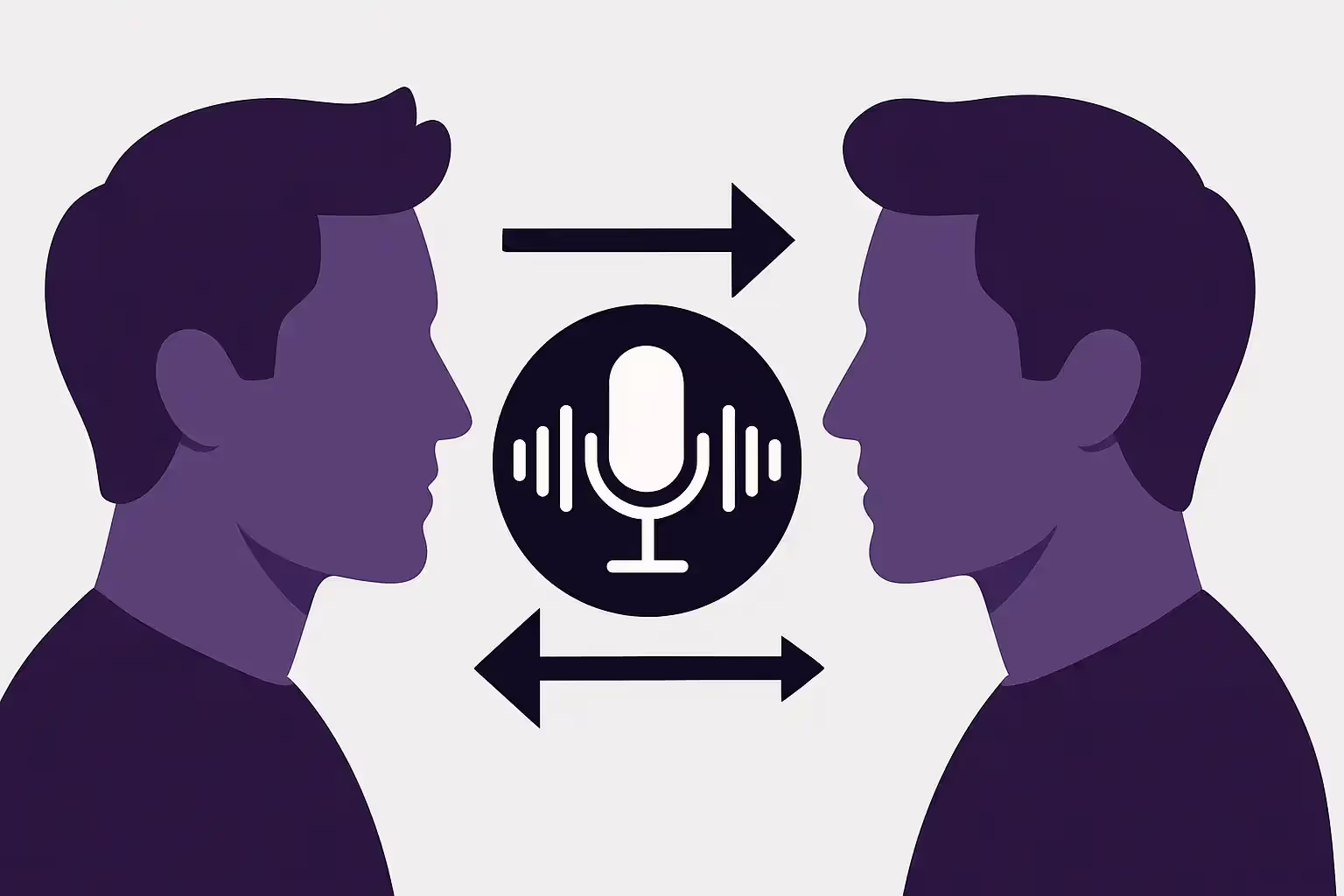
What is voice cloning?
Voice cloning is the process of digitally recreating a real person’s voice using AI.
By analyzing pitch, rhythm, intonation, and delivery, the system builds a voice model that can speak in other languages while preserving the original vocal character.
The result? The translated version sounds like you – just in English, Spanish, French, or any other supported language.
This is especially powerful for personal brands, company representatives, creators, and trainers whose voice is part of their message.
Why voice cloning improves video translation
Let’s take it out of the lab and into the real world.
Voice cloning helps you:
- Maintain authenticity across languages. Your international audience hears the same voice they know and trust.
- Keep brand consistency. Whether it’s a CEO message or a product demo, your voice stays recognizable.
- Reduce production effort. No voice actors. No studio time. No coordination headaches.
- Scale multilingual content. One voice model, endless language versions – with no loss of emotional nuance.
Especially for teams that produce content regularly, voice cloning becomes a practical gamechanger.
How voice cloning works with Dubly.AI
Dubly.AI automatically detects the voice in your original video and uses it to generate a new voice track – in your chosen language, with the same vocal signature.
You don’t need to record extra samples or set up anything manually.
The system handles the voice cloning and integrates it directly into the translated audio – fully context-aware and ready to publish.
And if you want to fine-tune certain phrases or request a native-speaker check, you can. It’s all built into the platform.
Combined with Dubly’s lip-syncing technology, the result is a fully translated video where speech and visuals are perfectly aligned – and still feel personal.

Why Dubly delivers the best voice cloning experience
Not all voice cloning is created equal.
Some tools still sound generic, overly robotic, or emotionally flat.
Dubly’s technology stands out through:
- High-fidelity voice modeling – including breathing, emphasis, and subtle intonation
- Integration with LLM-based translation for better context matching
- Realistic emotion transfer – from excitement to seriousness to calm tones
- Multi-speaker support for interviews or dialogues
- Full post-processing control for reviewing and refining
It’s voice cloning that doesn’t feel like voice cloning – and that’s exactly the goal.
{{cta}}
Real-world use cases
Voice cloning isn't just a nice feature – it solves real problems across industries:
- Product videos: Customers abroad hear the same voice from the original product lead or marketer.
- Employee training: Internal videos can be localized without re-recording or new voice actors.
- LinkedIn or YouTube shorts: Social content sounds native and consistent across languages.
- Keynotes and company updates: Global teams hear leadership messages in their own language – but still with the familiar voice.
Voice cloning doesn’t just save time. It builds trust, credibility, and reach.
{{callout}}
Conclusion: Your voice, your message – in every language
Voice cloning is more than a technical upgrade.
It’s the key to making multilingual video content feel natural, personal, and professional – without compromises.
You don’t need to hire new speakers. You don’t need to re-record.
You keep your voice, your tone, your identity – and make it accessible worldwide.
Paired with Dubly’s accurate translation, voice customization and automated lip-syncing, voice cloning becomes the foundation for scalable, high-quality international video communication.
What does voice cloning mean?
Voice cloning is the use of AI to digitally reproduce someone’s voice by analyzing pitch, rhythm, and intonation so that translations keep the original vocal identity.
How does this improve multilingual video content?
It preserves authenticity and recognition, ensures brand consistency, reduces the need for voice actors or studios, and makes scaling into many languages possible without losing emotional nuance.
How does the process work with Dubly.AI?
The system detects the speaker’s voice, builds a clone, translates the content, generates a new audio track in the target language, and aligns it automatically with lip sync. Users can fine-tune phrases or request native speaker review.
What quality features make Dubly’s voice cloning stand out?
High-fidelity modeling including breathing, emphasis, and subtle intonation, transfer of emotions, support for multiple speakers, and post-processing review for natural results.
What ethical or data protection considerations apply?
Voice cloning requires consent, all data is processed in compliance with GDPR, voice data is never reused without permission, and misuse for impersonation or deception is prohibited.
Über den Autor

Newest articles
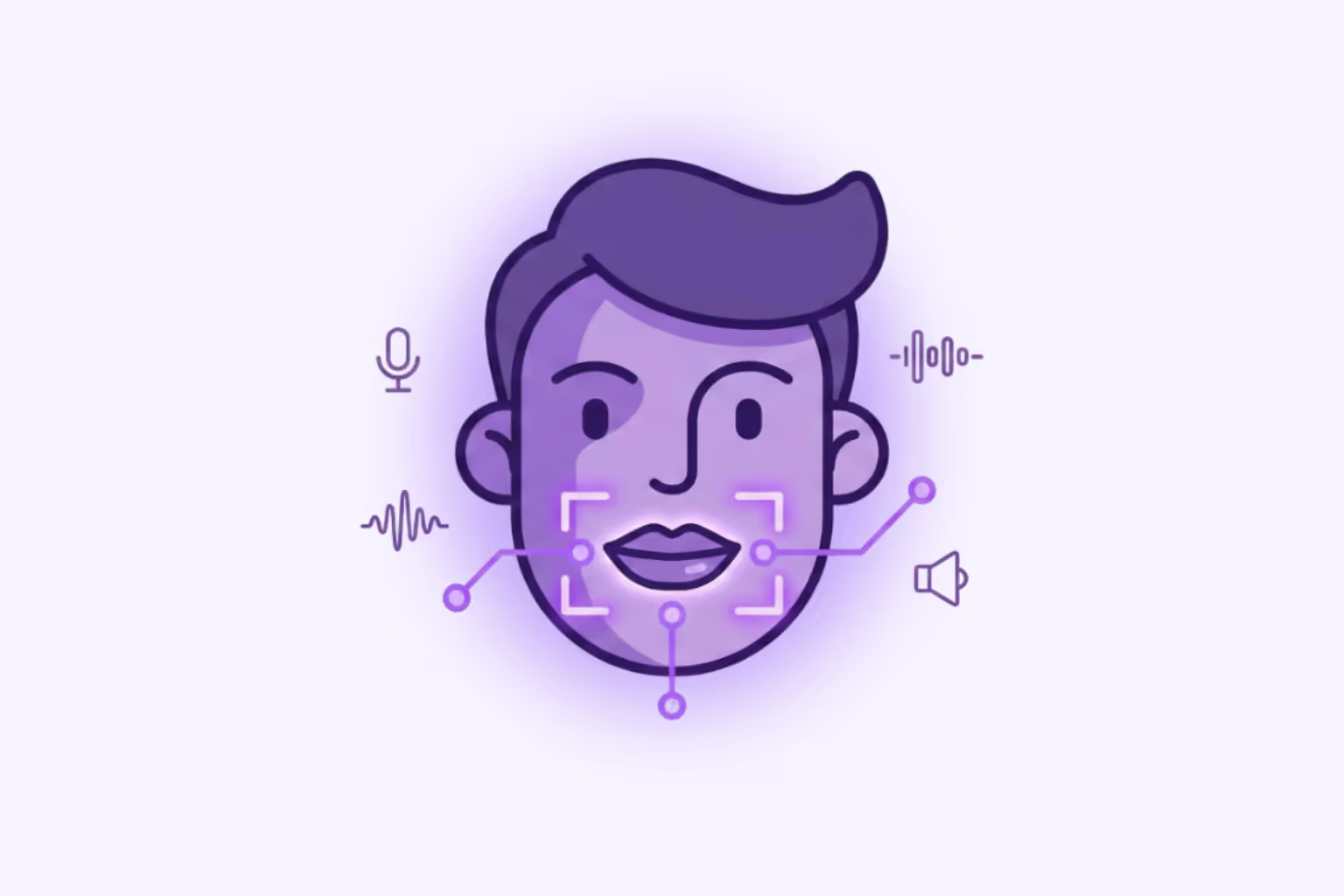
Tech
AI Lip Sync Explained: Stop Asynchronous Lips in Video Translations
Asynchronous videos look unprofessional. Learn how AI Lip Sync and Visual Dubbing perfect your translations – GDPR compliant and scalable.

Simon Pieren
December 23, 2025
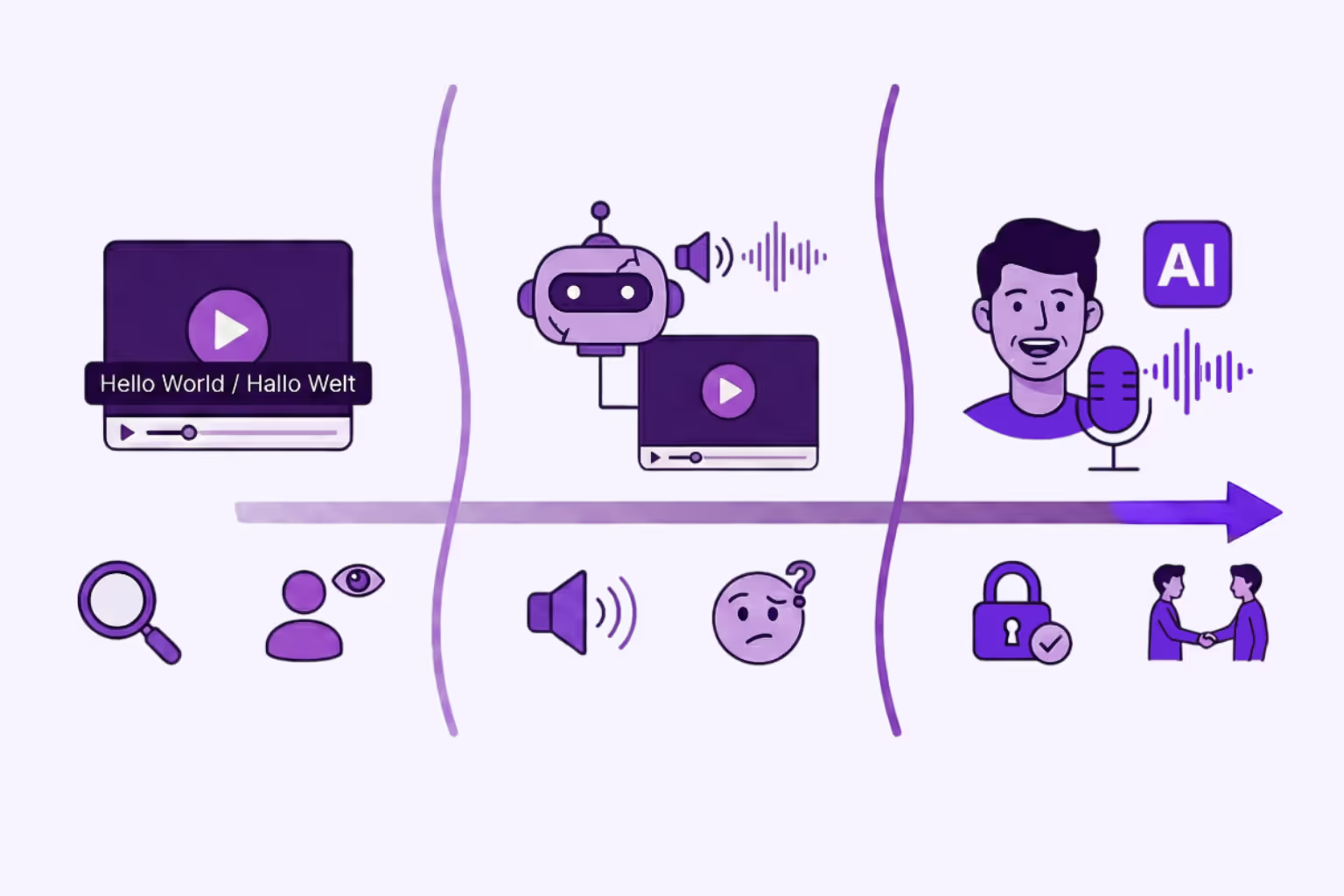
Use Cases
How to Translate Video Free: 3 Ways to multiply your reach
Looking for an AI video translator? We answer how to translate video free using 3 methods: Subtitles, Basic TTS, and Professional Lipsync.

Simon Pieren
December 8, 2025
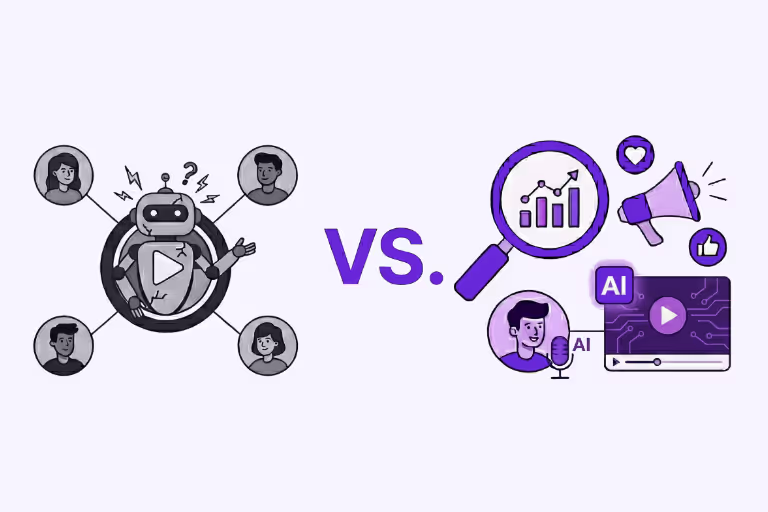
Use Cases
Translate Video Free: A Guide to AI Translation, Lip Sync & Voice Cloning
Looking to "translate video free"? Learn the technical differences between standard dubbing and generative AI Lip Sync, and how to test professional quality risk-free.

Simon Pieren
November 28, 2025
